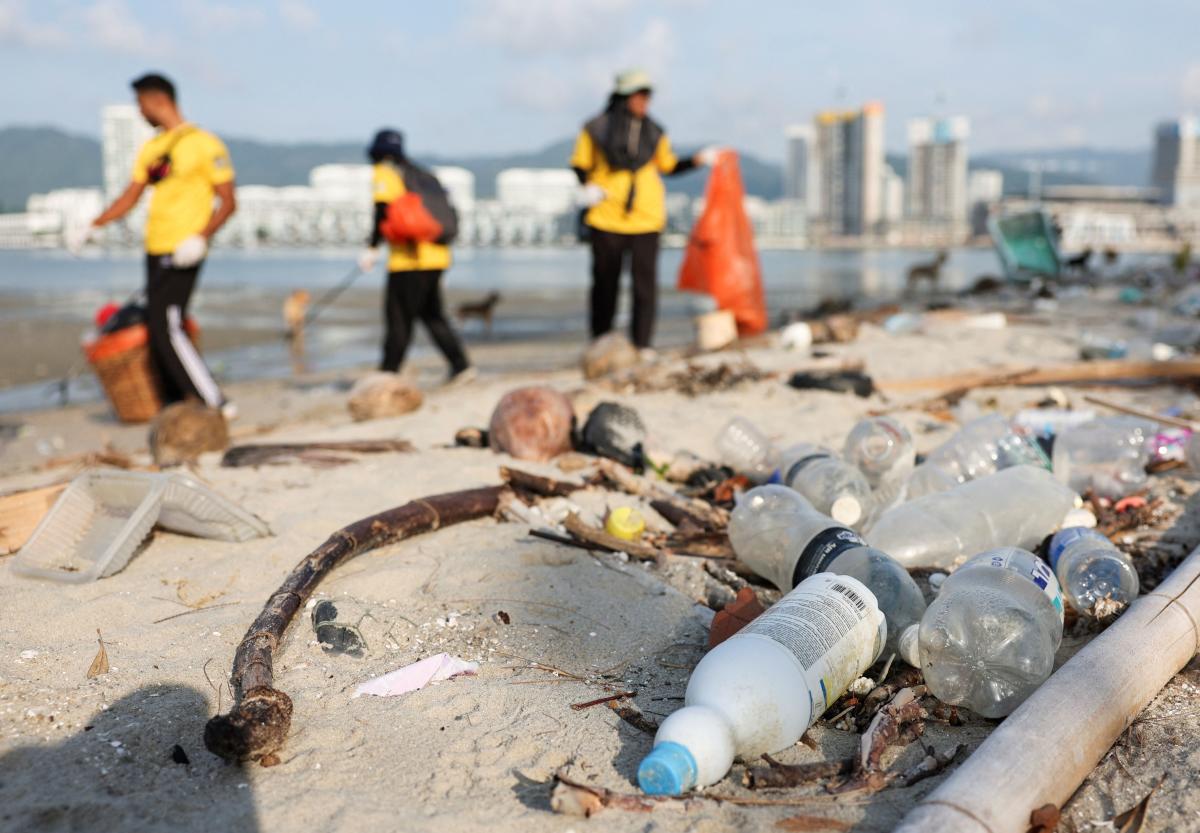Semafor Signals
Supported by


Insights from Eco Business, Bloomberg, Reuters




The News
Thousands of negotiators representing more than 170 nations, researchers, civil society groups and businesses gathered in Canada this week to draft the first global treaty to reduce the growing problem of plastic pollution.
Plastics currently account for 5% of climate emissions globally, and reports predict that without action this could increase to 20% by 2050.
Nations agreed at the UN Environment Assembly in March 2022 to work together to reach a legally binding treaty by the end of 2024.
Countries are divided, however, on whether the agreement should focus on waste management and recycling or more ambitious targets such as limits on production and the phasing out of certain types of plastic.
The talks follow a contentious round of treaty negotiations in Nairobi, where countries including Saudi Arabia disagreed over language about production limits. The last set of talks will take place in Busan, South Korea in December.


SIGNALS
Treaty should set out binding reductions, not voluntary commitments


Source: Eco Business
Applying lessons from major global agreements of the past will help to ensure the success of the plastics treaty, a professor of environmental science wrote for Eco Business. The Montreal Protocol of 1989 proved powerful in phasing out ozone-depleting chemicals because it set out mandatory timetables and legally binding reductions, Dr Jorge Emmanuel wrote.
By contrast, agreements that rely on voluntary commitments or carbon offset schemes — up to 94% of which are worthless, according to scientific studies — are less likely to generate results. “We need to have binding global reduction targets under mandatory timetables without free riders, and those targets must be consistent with the Paris Agreement’s goal of limiting global warming to 1.5°C,” Emmanuel warned.
Petrochemical lobbyists seek to influence treaty talks


Sources: Reuters, Nature
While oil giants such as Shell and ExxonMobil have expressed support for the treaty, Reuters reported that behind the scenes, petrochemical lobbyists and trade groups have attempted to sway discussions away from production caps that might limit their output.
“Plastic makers want UN delegates to focus instead on waste collection, recycling and nascent waste-to-fuel technologies, areas that don’t impact their businesses,” the report stated. However, many advanced plastics projects fail to become commercially viable and the processes involved can generate toxic waste that ends up in waterways.
The role of oil lobbyists in influencing the Ottawa talks has troubled scientists, with one professor of environmental toxicology arguing in Nature that policymakers should move to insulate scientific bodies from corporate interference.
EU hopes to take the lead on plastics regulations


Source: Bloomberg
The European Commission has passed sweeping packaging and plastics regulations in the past four years, specifically targeting single-use plastics and reducing waste volumes. These domestic regulations could see the bloc lead by example and “add weight and leadership to international negotiations,” one plastics policy analyst told Bloomberg. The scale of Europe’s new rules could also positively influence corporate policies: “If some big companies are starting to change the way they produce their packaging for the EU market, they may also do the same for other markets,” the coordinator of Break Free from Plastic Europe, an environmental group, said.


